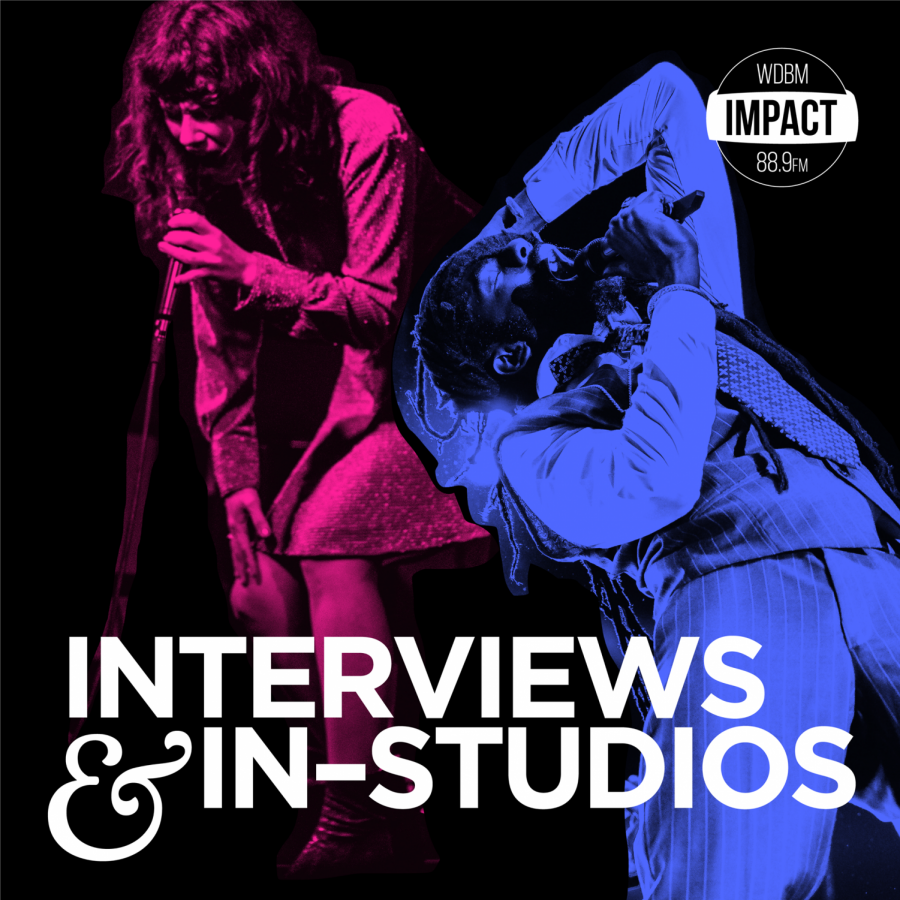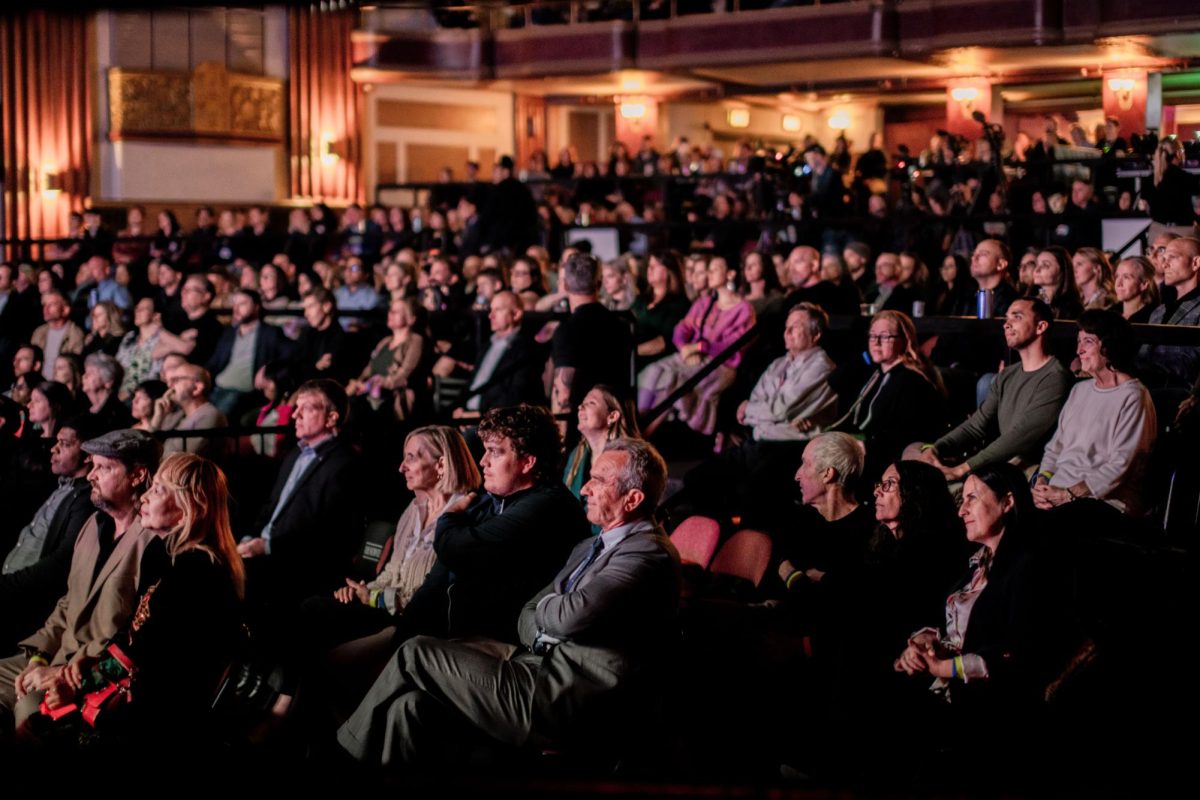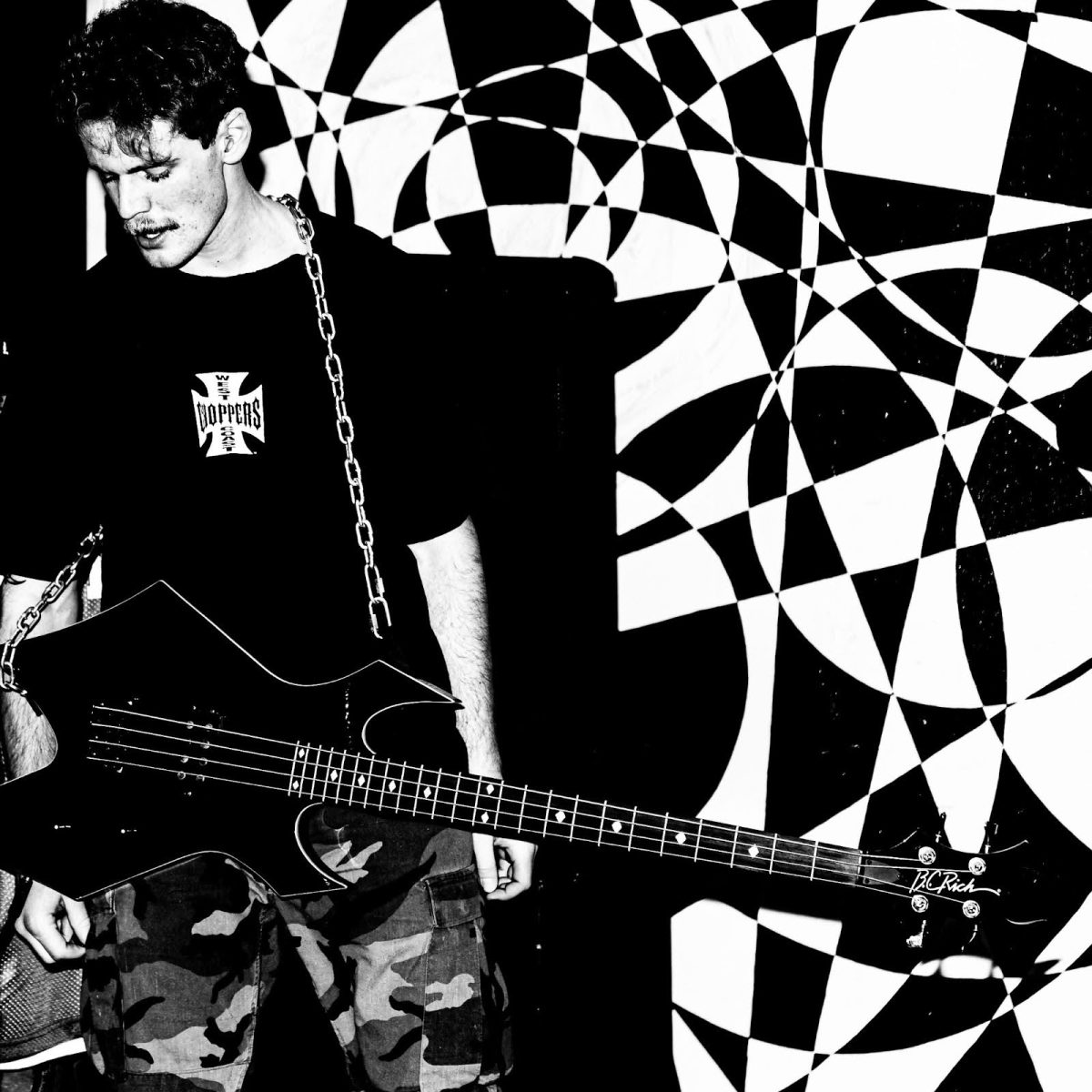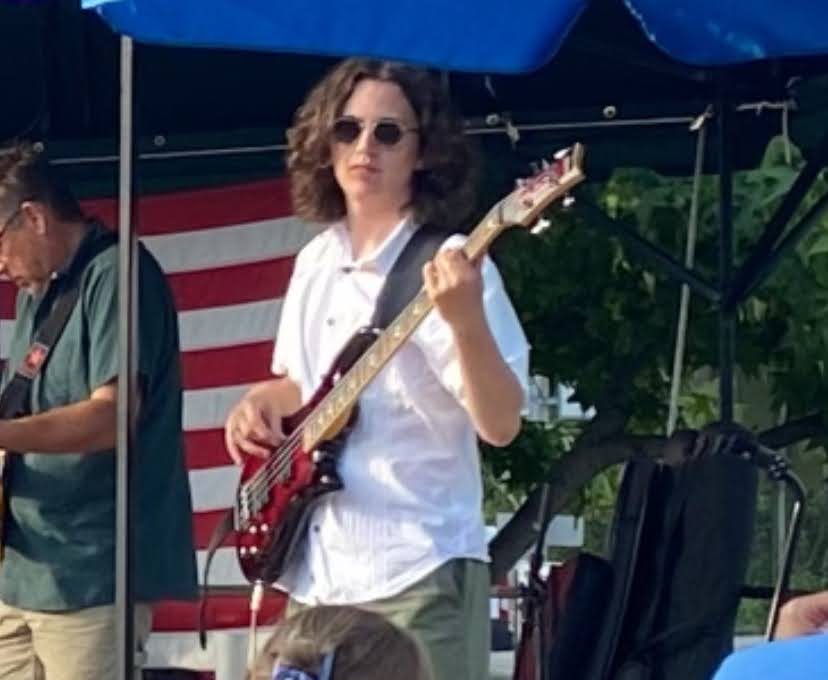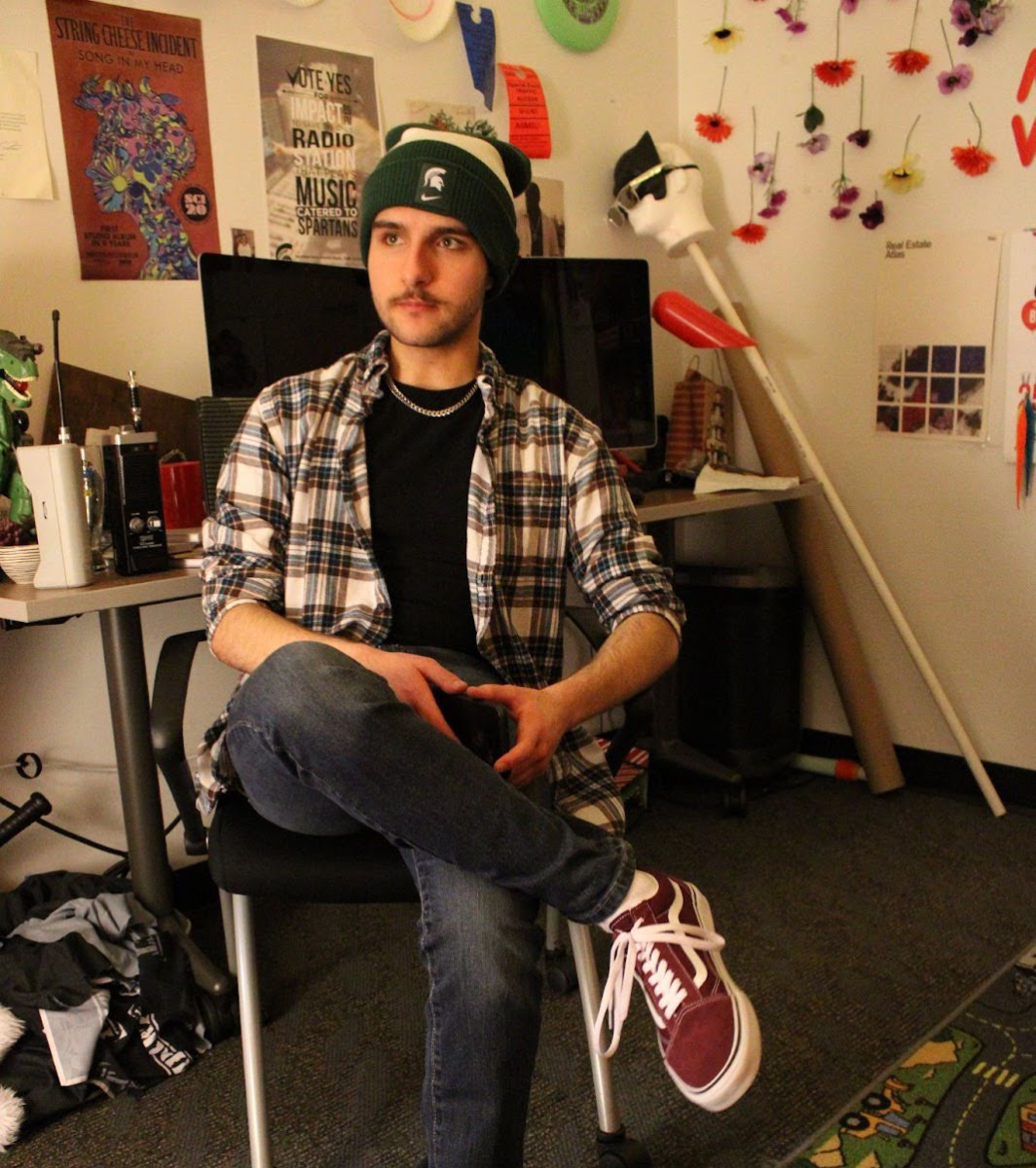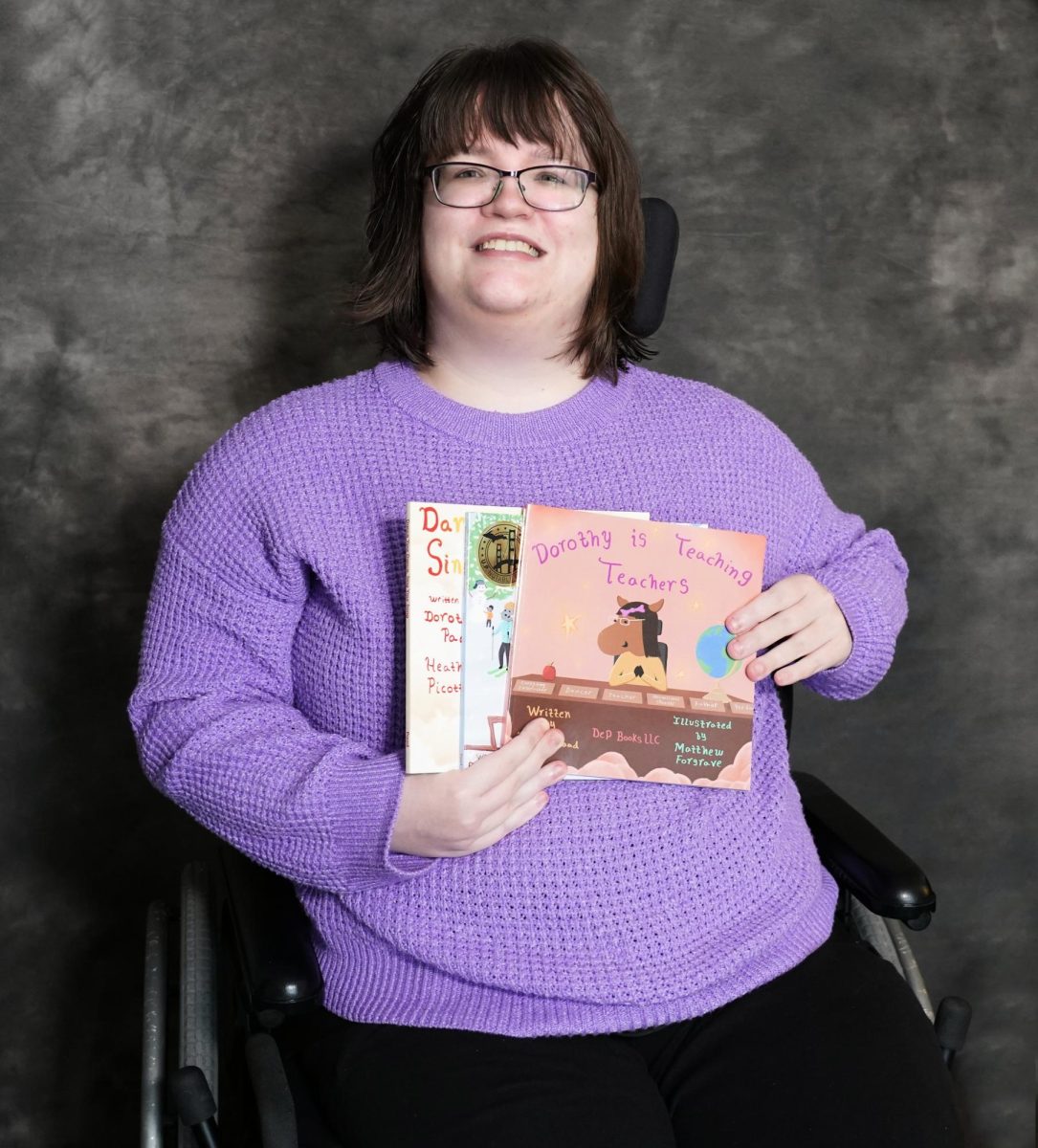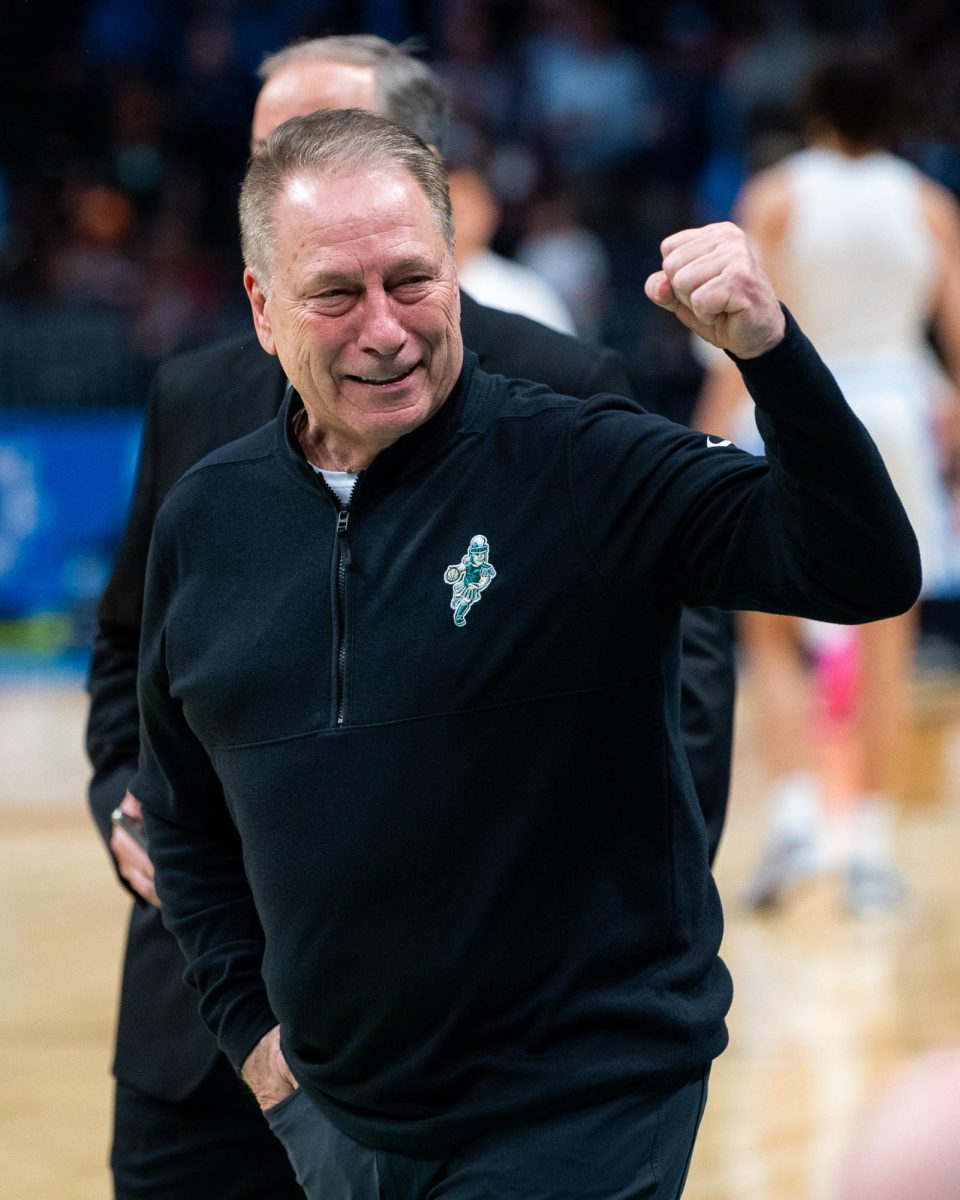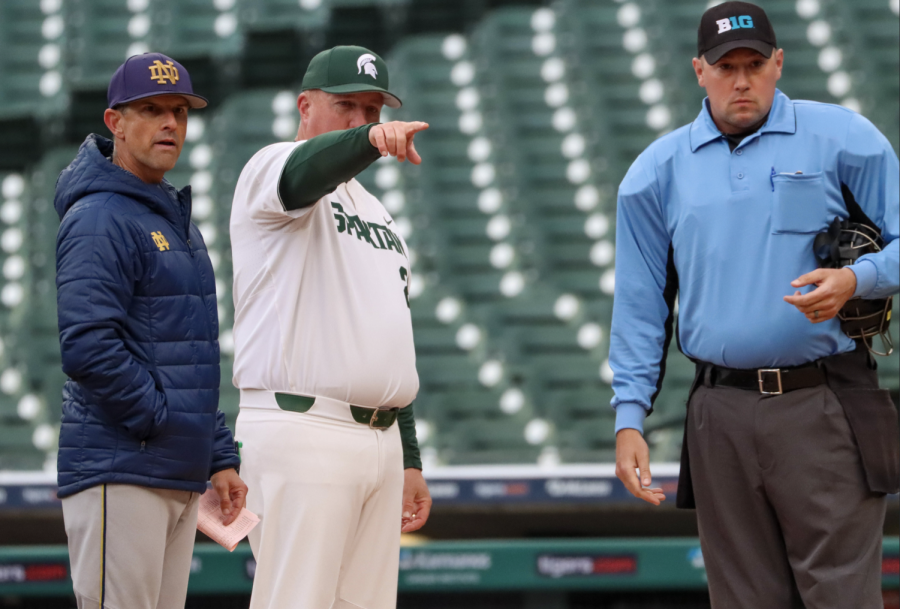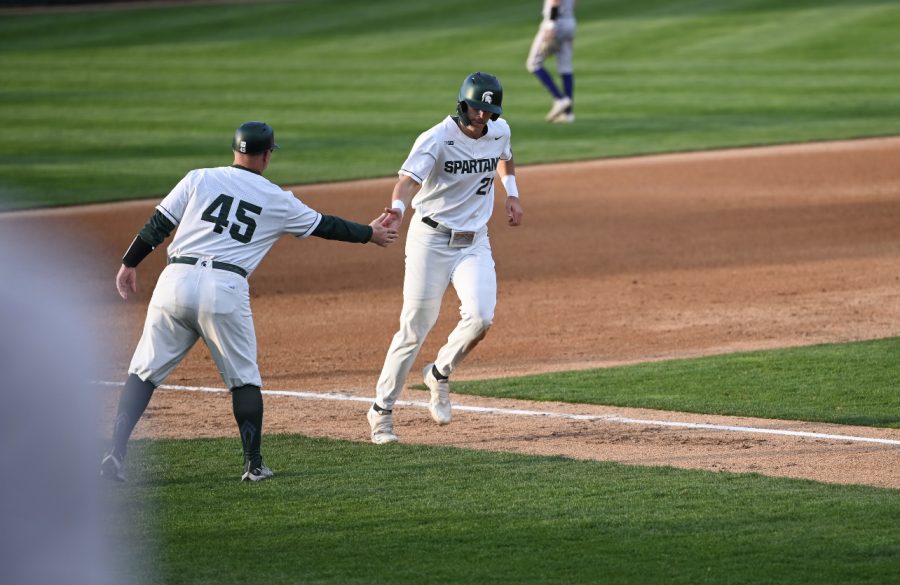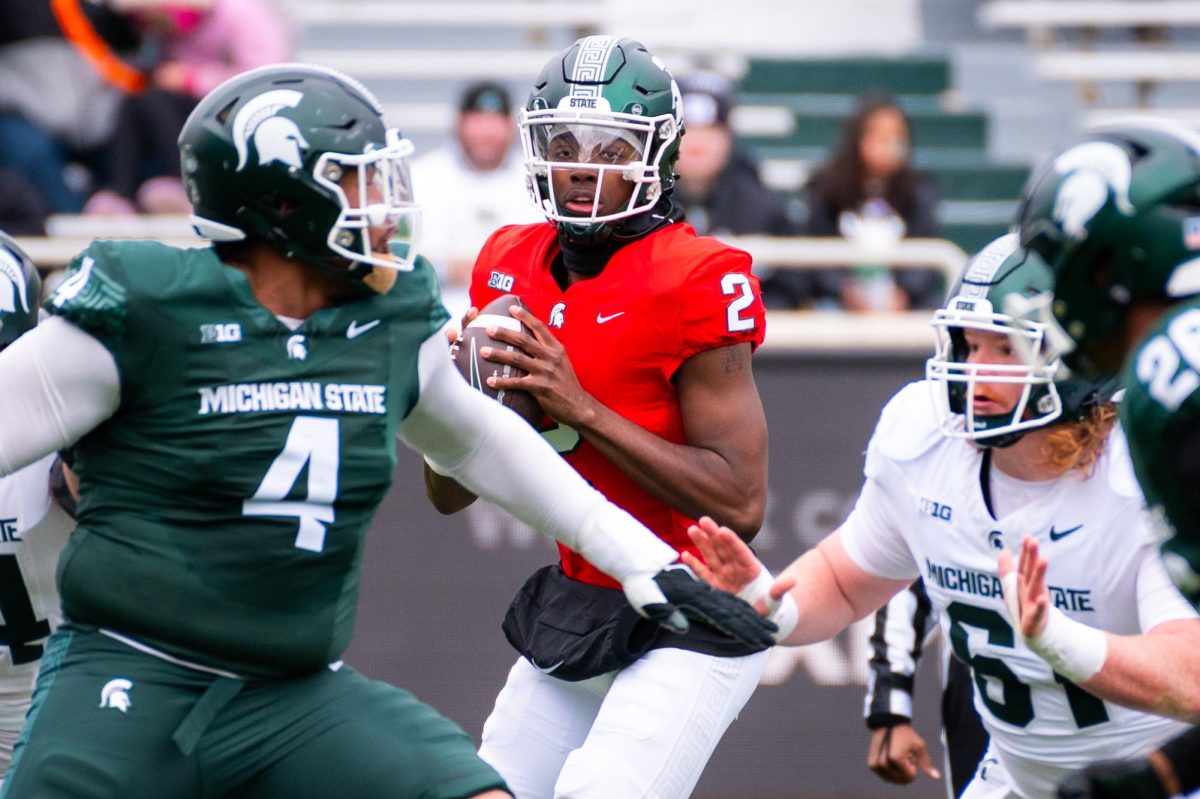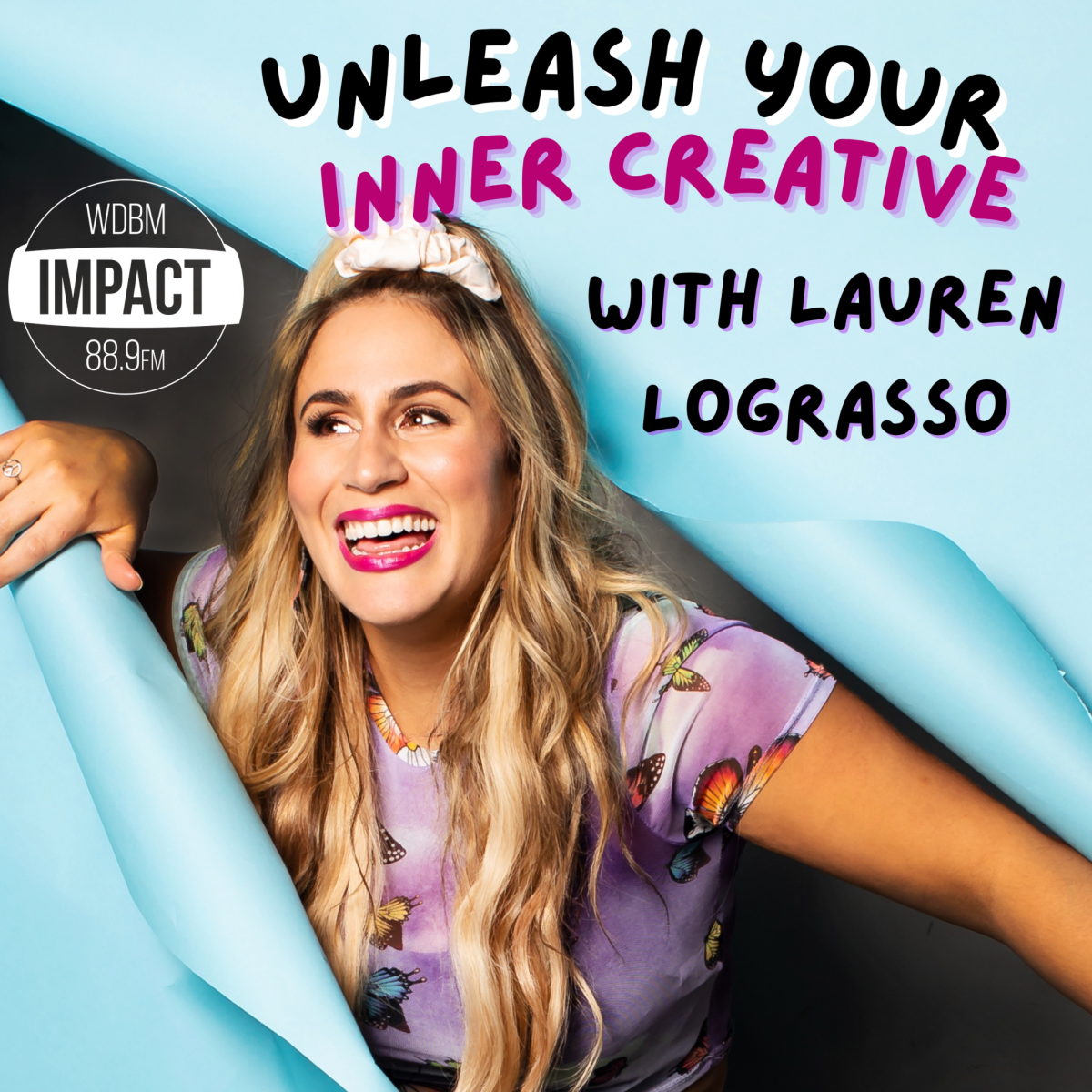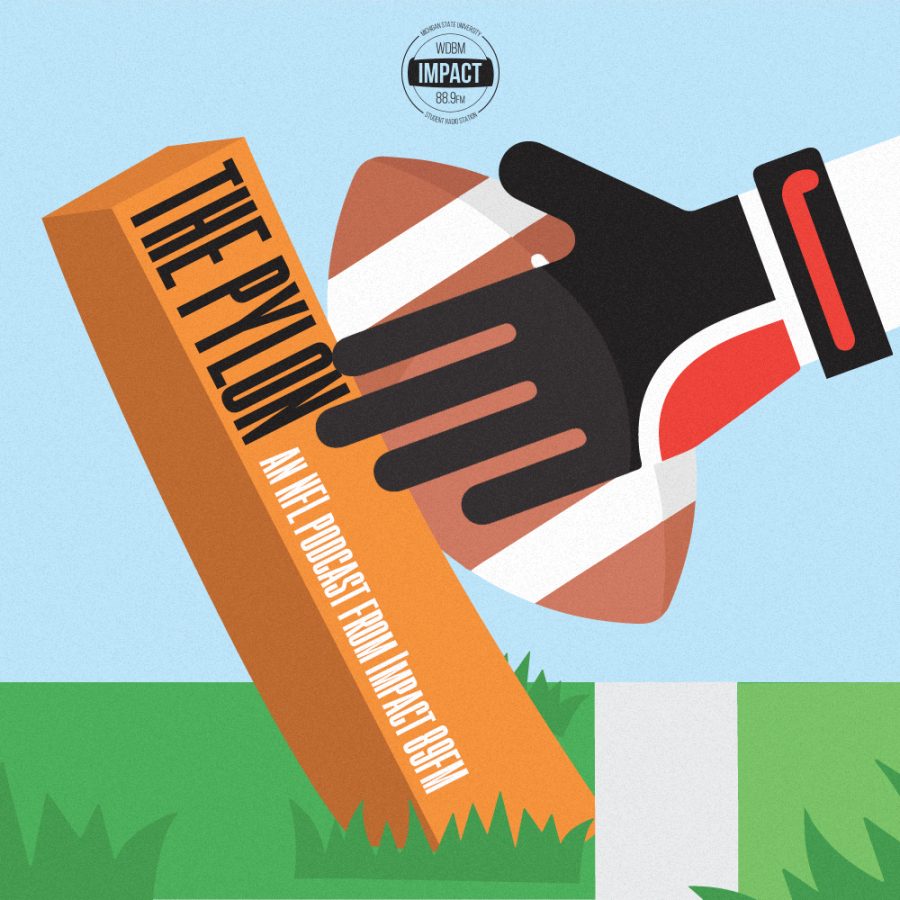Interview – 6/19/2020 – Charlie Burg
August 7, 2020
Singer/songwriter Charlie Burg discusses staying creative during quarantine, collaborating with friends on his music, and the effects of his Michigan upbringing.
You can keep up with Charlie on Instagram and hear his new single here.
Transcript below:
Matt Burdick: What’s up, this is Matt Burdick with Impact 89FM and I’m here with Charlie Burg, a singer/songwriter currently based out of New York but formerly from home sweet Michigan. How you been Charlie?
Charlie Burg: I’ve been good. You know, times are interesting right now. Trying to keep my head on straight and stay productive and keep learning, you know?
Matt Burdick: Yeah, how’s the quarantine life been treating you? What have you been doing to fight boredom ?
Charlie Burg: Yeah it definitely had an arc to it. It started off pretty blue, pretty depressive, but as the weeks went on I tried to take advantage of the solitude and stay creative and you know, do readings, dig into albums I’ve never gotten really into before, walk around my neighborhood in Brooklyn. But then, I don’t know, New York got a little bit much for me so I’m back home in Michigan for a couple of weeks to spend time with family.
Matt Burdick: Any new hobbies or interests you kind of picked up? Maybe like shows or music you got really invested in specifically?
Charlie Burg: During quarantine? I guess I picked up some books in my little book collection that I haven’t finished or really appreciated yet. I started reading Hamlet with my dad on like Zoom calls, which we still have to finish actually. But yeah man I dunno, I also dug into like anime, watching some classic anime films from the eighties and nineties, and watching like classic performances. Jimi Hendrix at Woodstock, Zeppelin stuff, I dunno, Curtis Mayfield performances. I just, I realized that YouTube was a great resource to learn about like stage presence and stage setup and whatnot, so I dug into that for sure. It was cool.
Matt Burdick: Would you say that gives you a lot of like inspiration/influence for your writing and singing during quarantine?
Charlie Burg: Yeah, absolutely. I mean, I would be up at 3:00 AM watching a Mick Jagger video from like ’67 and just want to get up in the mirror and practice my Mick Jagger moves or whatever, like dance moves. Cause I don’t know, they had such a cool uninhibited way of like moving on stage back then that was so vulnerable and amazing. I want to learn about and take after that for sure.
Matt Burdick: And I know it’s a really bizarre time to be a musician on social media because first of all, the pandemic – because of that people really have nothing to promote, nothing to talk about that’s coming up. And then with all the recent protests and stuff, it feels almost inappropriate or out of place to really post about anything that’s not adjacent to the Black Lives Matter movement. So, how have you kind of shifted your approach to your platform and your view of social media based on the current events going on right now?
Charlie Burg: Yeah so, I remember a while ago… I actually spent a year at Michigan State a while back, like my sophomore year was at MSU, and that was when I was first getting into releasing music. And I said to myself that I would stay away from addressing politics, or anything really outside of my music and my life on social media. It was a youthful desire to kind of be hands-off so as to not create or be a part of controversy in a way, but during this time I realized very strongly that silence is complacency, and what speaks almost louder sometimes than your actions is non-action.
So I decided to devote my social media platforms and my following, my listenership- I decided to devote my social media platforms to addressing those topics as best as I could and sort of play my rightful or appropriate role in everything going on. So yeah, I’ve abstained from posting about my own music and I just think that, like you said, it is in a lot of ways inappropriate to disregard what’s going on. And we, you know, especially as white people, you and I have an important role to be present and address everything that’s going on.
Matt Burdick: Yeah, for sure. And what do you think like musicians specifically do, what is their place in promoting social change?
Charlie Burg: Well, I think that artists and creatives and musicians have a unique relationship with the public in that their art and their self expression allows them to connect in a unique way with those who consume their output. It creates a certain trust between them and their support base. So as an artist I realized that, you know, the 20,000 followers I have on my Instagram account are all people who are trusting of me and my worldview more or less, and willing to partake in a conversation because they support my art. And it’s up to me to have conviction in my beliefs and my values enough to attempt to impart that upon those who follow me , who might look up to me or appreciate my point of view. So I really do think that artists and musicians have a responsibility to use their platform for the cause.
Matt Burdick: Okay well shifting gears kind of suddenly I guess, but I want to talk a little bit about your most recent single, “Channel Orange In Your Living Room,” of which I’m a big fan. You talked about how you went back to Peter’s attic from your first EP Live in Peter’s Attic to record that song, and kind of did it all mostly in like one live take more or less. What does that mean to you with allowing kind of “imperfections” like you’ve mentioned before and humanity into the music?
Charlie Burg: So just a comment on the specifics about that recording, it was with the same band and the same guys that I recorded the Peter’s Attic EP with, but it actually was in a basement rather than an attic. Rather than the attic. It was recorded in another house in Ann Arbor but it was still the same energy, the same vibe, and I intentionally hearkened back to that sort of nature. After taking a series of three EPs to explore production more, my recent – I’d say in the last year or two – my writing has focused on the idea of spaces and how the specific nuances, the sonic qualities of a space influences the music.
These days I think that people are focused on cleanliness maybe in their music, and getting rid of as much room-sound as possible and sounding “professional,” so to speak. But I think, I actually said this in another talk I was doing, but nobody can imitate your room right there with your posters back there and that tan wall. Like, nobody else has access to that room in the world. So I think it’s important to take advantage of those sonic qualities. That song in particular, I don’t know, that was the first thing I was releasing after graduating and I just wanted to get back home and get back to the feeling of “home.” That’s what Peter’s Attic feels to me.
Matt Burdick: So do you think you’re going to be using more of this kind of recording process in the future or was it more of just like a special little return just for this one song?
Charlie Burg: No I definitely, the material I’m working on now is most definitely geared towards room sound, live instrumentation, humanity you know? It’s definitely in that vein.
Matt Burdick: And you’ve mentioned before how “Channel Orange In Your Living Room” is kind of about music as a “moment freezer,” as like how Channel Orange, the album by Frank Ocean will take you to this specific place, this specific memory. Was your goal kind of for the song to be a bit of a self-fulfilling prophecy and now that song can be a similar “moment freezer” for other people?
Charlie Burg: Yeah, hopefully. I mean I write, just like any artist, we write music that feels organic and honest to us in the moment. It’s funny that, in my opinion, the more specific it is to human experience, the more relatable it is, which kind of seems counterintuitive. But yeah absolutely, I can only hope that people would take my artistic expression and incorporate it into their own journey, their own experiences.
Matt Burdick: What is some other music – songs or albums – like Channel Orange that you kind of associate with specific times in your life like that?
Charlie Burg: The first one that comes to mind is the album Abandoned Luncheonette by Hall & Oates definitely. I grew up listening to that vinyl. My dad played it a lot in the house and I actually have his vinyl. Oh gosh, Pure Heroine by Lorde was a huge, huge moment for me in high school and just that album is really important to me. Parachutes by Coldplay, their first album, big. I guess like Al Green Greatest Hits. There’s another big record that my dad spun a lot in my childhood. Yeah I mean, dude the list goes on. I could talk about that for this whole podcast.
Matt Burdick: And then you also have a tendency of doing a lot of collaborations with artists. Like, I think probably a good maybe half of your songs or so have some sort of feature. Is that something where you tried to reach out to a lot of people or do they reach out to you? Or is it more of just a community thing of whoever’s around, like “Hey you wanna work on a song together?”
Charlie Burg: Yeah most of those people are just my friends really. It’s funny that the first mixtape I ever put out, Blue Wave Mosaic, I remember making an effort to cram as many features on that project as possible because I thought that… Just, it was the first thing I had ever released and I thought that features made a project feel more “official” or “real” or something. So I just like, literally even if I could sing the part just fine or I could play the guitar part just fine I asked a friend to come in and play it just so that I could put their name on the song, which in retrospect was really silly.
But collaboration has always been… If I’m writing an album where I am the only person that’s heard on the record, then I know that I’m doing something wrong. Music has always been about community, companionship, people, humanity to me. So even if there’s not a name on the track, I’ll ask a friend to like literally play cabasa or like send me a voice memo. One of the songs, I had my friend send me a voice memo from like, I think she was in the shower or something, and she sang a hook and sent it to me in a text and that ended up being on the recording. I just, I love raw personal stuff, man. That’s always been, you can always expect to hear little treasures hidden in every song.
Matt Burdick: Do you have any dream collaborators on your bucket list that you’ve always wanted to work with?
Charlie Burg: I would love to work with, I guess 9th Wonder would be an awesome producer/artist collaboration. I’d love to do a track with Steve Lacy one day, he’s really cool. Maybe like Raphael Saadiq. It’d be super cool to get in the studio with him, just to name a few.
Matt Burdick: So since you’re back in Michigan, let’s get into Michigan a little bit. So you live in New York now, but you grew up in Michigan. What effect do you think that kind of had on your music and inspiration?
Charlie Burg: Well, that is something that I’ve been thinking about a whole lot in the last month or two with conversations on race and injustice happening. I grew up in a very homogenous white community in Birmingham, and it most definitely narrowed my worldview for a lot of my development. And to be honest, I don’t think it’s any coincidence that I only started to feel like I had something to say in my music once I left that bubble, you know?
So I went to college, I got involved in more conversations outside of what I’m used to, I learned and befriended people, and that’s when I really started to feel like what I had to say as an artist began to open up in a way. Does that make sense? So, I mean, other than growing up 20-25 minutes outside of Detroit and having that Motown influence come from my dad and my parents, yeah I definitely think the homogeny of that small town set me up for however I began to develop in my music.
Matt Burdick: Yeah, and it’s kind of like wherever you’re from, it’s always good to get out of that bubble too and kind of experience more of the world to get inspiration. And especially small Midwest/Michigan towns like that can really start to feel like a purgatory, like that’s just all there is.
Charlie Burg: Yes, absolutely.
Matt Burdick: And then since we are an MSU station, I gotta ask – I know you went to Michigan State for a brief time. Do you have any specific favorite memories from that period?
Charlie Burg: Yeah man, that was a potent year for sure. I was in RCAH – Residential College of Arts and Humanities, and I was in a cover band. We played the co-ops, the co-op houses a lot and… Yeah I was kind of just a loner, man. I felt almost anonymous in an enormous university and I tried to shrink it, make it feel smaller through RCAH, through the residential college. But as I was studying humanities and the year went on, I realized that I would rather be focusing on music. Then the jazz school told me that I wouldn’t be able to transfer to that program until the following spring, and my mom said “Charlie, if you take the fall semester off you’re never going to go back to school, so you need to find a program where you can start in the fall.”
So I’m like “alright,” we started looking around and I ended up transferring. But I’m really thankful for that year at Michigan State. If I didn’t go there, I wouldn’t have made my first mixtape. I wouldn’t have met some very important people that influenced the way I see the world and the way I consume music and art, and I wouldn’t probably have realized the next step in my path. I loved the philosophy courses I took at MSU. I loved the art history class. That’s the reason I wrote a song called “Art History, Pt. 1.” I loved the cafeterias, the food was always great. Yeah man, I didn’t leave MSU because I disliked it. I just wanted something different.
Matt Burdick: And that feeling of like solitude and anonymity that you mentioned, do you think that maybe contributed to your desire to have a lot of collaborators and a lot of voices on your project?
Charlie Burg: Perhaps, yeah. I don’t know, all my favorite albums, all my favorite mixtapes had cool features on it. I just thought it would make it “real.” It’s this silly 19-year-old thought, but you know, you roll with it in the moment.
Matt Burdick: Yeah, and then you talked about having a bit of a jazz background and being interested in the MSU jazz program. That was something else I wanted to ask about. It’s clear there’s a lot of diverse musical influences going into your work, but how much background in like music theory and such do you have? Is that something you look at a lot when you’re writing or do you just generally go by how it feels?
Charlie Burg: Yeah man, I have an interesting relationship with music theory. I was in a theory course in high school which really blew my mind, honestly. As a senior in high school, it just completely opened up my world, my musical world. I started listening to songs and hearing songs in restaurants and gas stations in public, whatever, and like my brain would start to give names to things that I hear all the time, which is so cool about music theory.
As the years have gone on, my relationship with it has changed, and this is a discussion I’ve had with many artists. You know, sometimes music theory can feel like a box, feel like an inhibitance, or rather inhibition. I’ve been actively attempting to learn how to break those rules, you know, learn how to stop thinking about things in such rigidity. But artists like, I mean Frank Ocean’s a great example of an artist who just very easily destroys those constructs and circumvents them, and it helps to listen to artists like that.
Matt Burdick: Yeah, it’s a bit like maybe putting the terms to it and putting it all out in numbers can make it feel a little bit less special I guess, and you feel like, “Oh no, people have used these same chord changes” or something. But theory can never really capture that emotional aspect like no matter how much you write down.
Charlie Burg: Yeah, I think it’s just really great to know sometimes, it really is. It helps in a lot of ways, and it’s kind of like a secret power that you can use very sparingly. Rather, it’s a power that you need to know when to exercise it and when not to.
Matt Burdick: I like that explanation a lot. So what’s your approach to writing songs? Do you usually start with the music or start with the words first? What’s your taking off point?
Charlie Burg: Um, I have been asked that before. I’d say that the music… Let me think about how to answer this. In the past I’d say that the music, that the words come at the same time as the melody. And the chords. It all just blurts, just spills out at once. But for the last year and a half I have been working much harder to challenge my lyrical muscle, you know, challenge my habits, my fallbacks. I’m going through way more drafts of lyrics these days than I ever have. Going back, finding different words.
And before I would just… Honestly man, a lot of the songs that I’ve put out are like the first run of lyrics and like, “Okay, it doesn’t really make sense, but it feels right. It feels right coming out of my mouth and it feels natural with these chords.” And honestly, that’s not a bad reason to keep lyrics. Sometimes the literal phonetics of the word just feels right, and even though it doesn’t reveal some deep truth about your past or your life or something, or about being human, it still feels right. So that’s still a very viable reason to keep lyrics.
For me, I wanted to dive more into storytelling and reflecting on my past to reveal certain truths in the same lane as some of my favorite songwriters like Paul Simon, or Joni Mitchell, or Lorde. These are all people who I think are like master storytellers. Leonard Cohen… And it just made me realize there’s so much to be done with things like the English language. There’s so many ways to employ the words that you know.
Matt Burdick: And that actually segues perfect into what I wanted to ask next. Would you say most of your songs then are autobiographical?
Charlie Burg: How do I want to answer that? I think that it is no doubt that I’m inspired by things that have happened to me or things I’ve seen. A lot of my songs honestly are combinations of experiences. You know, a love song might not just be about one person, and the second verse might be from a different relationship altogether. Like it’s still, it’s just about conveying a certain emotion. But yeah, definitely. I draw from my own experiences.
That being said, I’ve been attempting these days to tell stories that aren’t necessarily my own, but that I maybe sympathize with or that resonate with me in some way. I think that’s so cool man, like diving into fiction and diving into almost dream-like surrealist imagery. That’s something that I’ve always struggled with and that I want to get more into.
Matt Burdick: So for you, it’s less about the events being a hundred percent accurate and more about just accurately portraying the feelings that you have about those things I guess?
Charlie Burg: Absolutely.
Matt Burdick: And you’ve mentioned a lot of literary influences too, like Ralph Waldo Emerson, and you said you’re reading Hamlet right now. Do you kind of use that to take a writer’s approach maybe to lyrics a bit?
Charlie Burg: Yeah, I do… You know, I don’t want to overplay the influence of literature in my lyrics because I’m not as well read as say, an English major or someone who majored in literature. I love books. I love the books that I have read and every time I discover a new author or book, I tend to be extremely inspired and gripped by it, but that’s not to say that I’m reading every day. You know, I’d like to. I try to. But that being said, yes, I am very drawn to the words of other thinkers, other writers. I just don’t… The reason I say that is I just don’t want to sound like I’m claiming to be some sort of literary expert or tycoon. I just like what I like. I read, and yeah I get inspired by other people’s work, I do.
Matt Burdick: Yeah man, nothing wrong with that at all. So wrapping up a little bit, do you have any plans for the future that you’re able to share? Anything you’re looking forward to once the world is a bit more stable, I guess?
Charlie Burg: I’m looking forward to having a new president, to be honest. I’m looking forward to showing the world what I’ve been working on for the last year. I’m looking forward to expanding my artistic reach and amplifying the voices and the work of artists who deserve more attention and appreciation. And I’m looking forward to using my platform to support justice and the causes that I believe in.
Matt Burdick: Awesome, well thank you so much for joining us!
Charlie Burg: Thank you Matt, this was great!
Matt Burdick: “Channel Orange In Your Living Room” is out now wherever you listen to music, and Charlie Burg’s social media has a lot of great resources and links to support Black Lives Matter and other programs of the like. Awesome, thank you!
Charlie Burg: Yup, thanks man!


